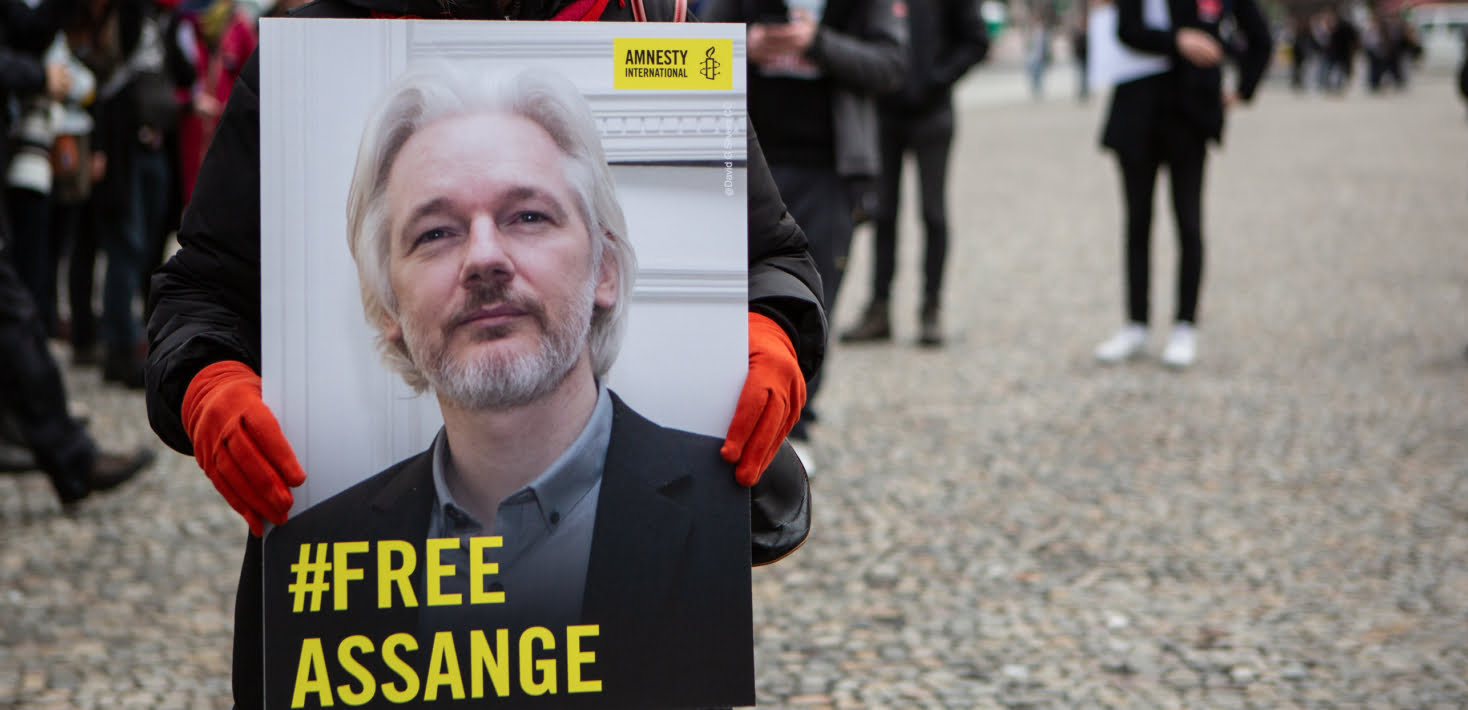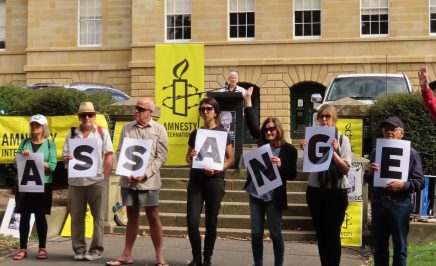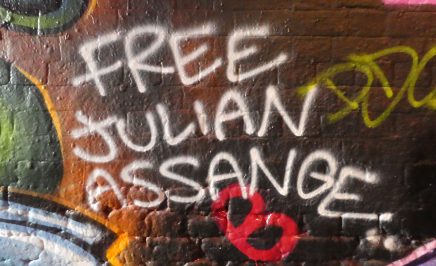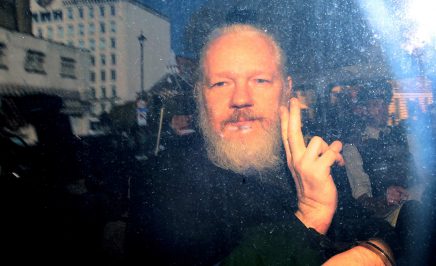Reacting to the UK High Court’s decision to adjourn Julian Assange’s permission to appeal his extradition to the United States, Simon Crowther, Legal Adviser at Amnesty International, said:
“The High Court’s decision leaves in limbo Julian Assange and all defenders of press freedom — but the fight continues. The US lawyers now have a second opportunity to make diplomatic assurances which the court will consider in May.
Instead of allowing this protracted legal process to continue, the US should drop all charges against Assange.
Simon Crowther, Legal Adviser at Amnesty International
“The UK remains intent on extraditing Assange despite the grave risk that he will be subjected to torture or ill-treatment in the US. While the US has allegedly assured the UK that it will not violate Assange’s rights, we know from past cases that such ‘guarantees’ are deeply flawed — and the diplomatic assurances so far in the Assange case are riddled with loopholes.
“Unfortunately the court rejected some of Assange’s arguments, notably that the extradition was political. The court paused proceedings on the other grounds so that the US can make diplomatic assurances which it will then reconsider.
“The US must stop its politically motivated prosecution of Assange, which puts Assange and media freedom at risk worldwide. In trying to imprison him, the US is sending an unambiguous warning to publishers and journalists everywhere that they too could be targeted and that it is not safe for them to receive and publish classified material — even if doing so is in the public interest.”
Background
The UK High Court published its decision , the court will now adjourn and give the US an opportunity to file fresh diplomatic assurances, following a hearing that took place on 20-21 February. The court will reconsider on 20 May.
Amnesty International has reiterated concerns that Assange faces the risk of serious human rights violations if extradited to the US and has warned of a profound ‘chilling effect’ on global media freedom.








